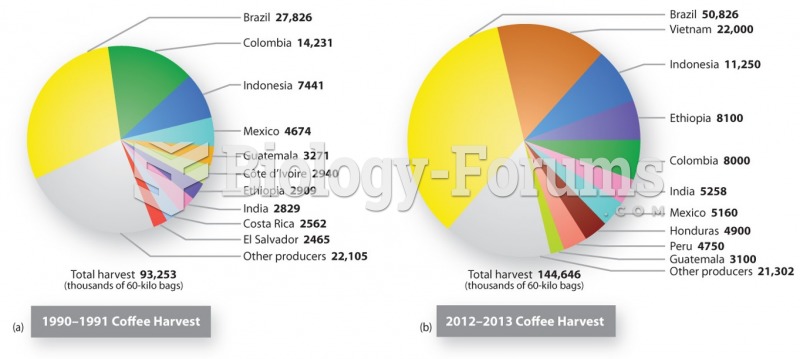Answer to Question 1
d
Answer to Question 2
If one party to an agreement holds information that the other does not, the difference can affect both of their incentives and behaviors. In this situation of asymmetric information, the economic value their relationship could potentially create may be diminished if the uninformed party cannot easily learn or verify important information, or if the informed party cannot credibly convey it. Consider the following example.
Jones had recently joined an auto dealer's sales force and was paid on commission. One day he told the sales manager that friends and relatives had learned about his new job. What do I do, he asked, when one of them wants me to give them a good deal? Easy, responded the sales manager, those are the ones you make the best money from. They trust you so much that they won't shop anywhere else..
This example contains several instances of asymmetric information. Let's assume that Jones's relatives strongly believe he will offer them a better deal than a salesperson they do not know. If the sales manager is right they hold the belief so strongly that they will never test its correctness by seeing another dealer. Jones knows he will get a bigger commission if he does not reveal his near-certain belief that they foolishly trust him to give them the best possible deal. It pays him to withhold information that his relatives would benefit from knowing. If he believed they were likely to see another dealer, he would probably quote them a more competitive price.
Asymmetric information differs from incomplete information. Neither you nor I know for certain what the market price of some good will be a year from today when you want me to deliver it to you. Using my available information I expect 6, but your information says it will be 10 . Even if we both have identical information we might differ about its effects on price. We agree on 8, and both of us are happy with the deal we made. You will get the item for 2 less than the price you expect, and I will be able to resell it to you for 2 more than I expect to pay at wholesale. If market price is 10 on delivery day, however, you will be happy and I will be regretful. You will have profited indeed, but not from asymmetric information. I have no information that I could have withheld or misrepresented to my advantage, and the same holds for you. Each of us had to use information we knew was not perfectly accurate.







